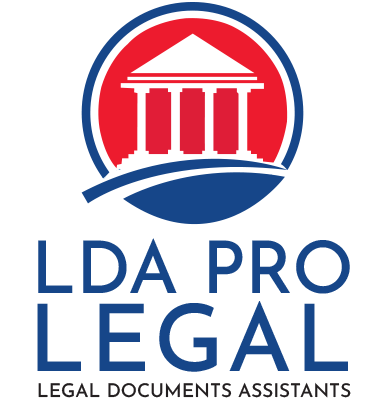
SEC. 3. Section 1947.12 is added to the Civil Code, to read:
1947.12. (a) (1) Subject to subdivision (b), an owner of residential real property shall not, over the course of any 12-month period, increase the gross rental rate for a dwelling or a unit more than 5 percent plus the percentage change in the cost of living, or 10 percent, whichever is lower, of the lowest gross rental rate charged for that dwelling or unit at any time during the 12 months prior to the effective date of the increase. In determining the lowest gross rental amount pursuant to this section, any rent discounts, incentives, concessions, or credits offered by the owner of such unit of residential real property and accepted by the tenant shall be excluded. The gross per-month rental rate and any owner-offered discounts, incentives, concessions, or credits shall be separately listed and identified in the lease or rental agreement or any amendments to an existing lease or rental agreement.


LIVING TRUST & WILL
(2) If the same tenant remains in occupancy of a unit of residential real property over any 12-month period, the gross rental rate for the unit of residential real property shall not be increased in more than two increments over that 12-month period, subject to the other restrictions of this subdivision governing gross rental rate increase.
(b) For a new tenancy in which no tenant from the prior tenancy remains in lawful possession of the residential real property, the owner may establish the initial rental rate not subject to subdivision (a). Subdivision (a) is only applicable to subsequent increases after that initial rental rate has been established.
(c) A tenant of residential real property subject to this section shall not enter into a sublease that results in a total rent for the premises that exceeds the allowable rental rate authorized by subdivision (a). Nothing in this subdivision authorizes a tenant to sublet or assign the tenant’s interest where otherwise prohibited.
(d) This section shall not apply to the following residential real properties:
(1) Housing restricted by deed, regulatory restriction contained in an agreement with a government agency, or other recorded document as affordable housing for persons and families of very low, low, or moderate income, as defined in Section 50093 of the Health and Safety Code, or subject to an agreement that provides housing subsidies for affordable housing for persons and families of very low, low, or moderate income, as defined in Section 50093 of the Health and Safety Code or comparable federal statutes.
(2) Dormitories constructed and maintained in connection with any higher education institution within the state for use and occupancy by students in attendance at the institution.
(3) Housing subject to rent or price control through a public entity’s valid exercise of its police power consistent with Chapter 2.7 (commencing with Section 1954.50) that restricts annual increases in the rental rate to an amount less than that provided in subdivision (a).
(4) Housing that has been issued a certificate of occupancy within the previous 15 years.
(5) Residential real property that is alienable separate from the title to any other dwelling unit, provided that both of the following apply:
(A) The owner is not any of the following:
(i) A real estate investment trust, as defined in Section 856 of the Internal Revenue Code.
(ii) A corporation.
(iii) A limited liability company in which at least one member is a corporation.
Get In Touch
Email Us
Call or Text
Start Online
In Office
Appointments Available
By Appointment Only
(B) (i) The tenants have been provided written notice that the residential real property is exempt from this section using the following statement:
“This property is not subject to the rent limits imposed by Section 1947.12 of the Civil Code and is not subject to the just cause requirements of Section 1946.2 of the Civil Code. This property meets the requirements of Sections 1947.12 (c)(5) and 1946.2 (e)(7) of the Civil Code and the owner is not any of the following: (1) a real estate investment trust, as defined by Section 856 of the Internal Revenue Code; (2) a corporation; or (3) a limited liability company in which at least one member is a corporation.”
(ii) For a tenancy existing before July 1, 2020, the notice required under clause (i) may, but is not required to, be provided in the rental agreement.
(iii) For a tenancy commenced or renewed on or after July 1, 2020, the notice required under clause (i) must be provided in the rental agreement.
(iv) Addition of a provision containing the notice required under clause (i) to any new or renewed rental agreement or fixed-term lease constitutes a similar provision for the purposes of subparagraph (E) of paragraph (1) of subdivision (b) of Section 1946.2.
(6) A duplex in which the owner occupied one of the units as the owner’s principal place of residence at the beginning of the tenancy, so long as the owner continues in occupancy.
(e) An owner shall provide notice of any increase in the rental rate, pursuant to subdivision (a), to each tenant in accordance with Section 827.
(f) (1) On or before January 1, 2030, the Legislative Analyst’s Office shall report to the Legislature regarding the effectiveness of this section and Section 1947.13. The report shall include, but not be limited to, the impact of the rental rate cap pursuant to subdivision (a) on the housing market within the state.
(2) The report required by paragraph (1) shall be submitted in compliance with Section 9795 of the Government Code.
(g) For the purposes of this section, the following definitions shall apply:
(1) “Owner” and “residential real property” shall have the same meaning as those terms are defined in Section 1954.51.
(2) “Percentage change in the cost of living” means the percentage change from April 1 of the prior year to April 1 of the current year in the regional Consumer Price Index for the region where the residential real property is located, as published by the United States Bureau of Labor Statistics. If a regional index is not available, the California Consumer Price Index for All Urban Consumers for all items, as determined by the Department of Industrial Relations, shall apply.
(3) “Tenancy” means the lawful occupation of residential real property and includes a lease or sublease.
(h) (1) This section shall apply to all rent increases subject to subdivision (a) occurring on or after March 15, 2019. This section shall become operative January 1, 2020.
(2) In the event that an owner has increased the rent by more than the amount permissible under subdivision (a) between March 15, 2019, and January 1, 2020, both of the following shall apply:
(A) The applicable rent on January 1, 2020, shall be the rent as of March 15, 2019, plus the maximum permissible increase under subdivision (a).
(B) An owner shall not be liable to the tenant for any corresponding rent overpayment.
(3) An owner of residential real property subject to subdivision (a) who increased the rental rate on that residential real property on or after March 15, 2019, but prior to January 1, 2020, by an amount less than the rental rate increase permitted by subdivision (a) shall be allowed to increase the rental rate twice, as provided in paragraph (2) of subdivision (a), within 12 months of March 15, 2019, but in no event shall that rental rate increase exceed the maximum rental rate increase permitted by subdivision (a).
(i) Any waiver of the rights under this section shall be void as contrary to public policy.
(j) This section shall remain in effect until January 1, 2030, and as of that date is repealed.
(k) (1) The Legislature finds and declares that the unique circumstances of the current housing crisis require a statewide response to address rent gouging by establishing statewide limitations on gross rental rate increases.
(2) It is the intent of the Legislature that this section should apply only for the limited time needed to address the current statewide housing crisis, as described in paragraph (1). This section is not intended to expand or limit the authority of local governments to establish local policies regulating rents consistent with Chapter 2.7 (commencing with Section 1954.50), nor is it a statement regarding the appropriate, allowable rental rate increase when a local government adopts a policy regulating rent that is otherwise consistent with Chapter 2.7 (commencing with Section 1954.50).
(3) Nothing in this section authorizes a local government to establish limitations on any rental rate increases not otherwise permissible under Chapter 2.7 (commencing with Section 1954.50), or affects the existing authority of a local government to adopt or maintain rent controls or price controls consistent with that chapter.
SEC. 4. Section 1947.13 is added to the Civil Code, to read:
1947.13. (a) Notwithstanding Section 1947.12, upon the expiration of rental restrictions, the following shall apply:
(1) The owner of an assisted housing development who demonstrates, under penalty of perjury, compliance with all applicable provisions of Sections 65863.10, 65863.11, and 65863.13 of the Government Code and any other applicable law or regulation intended to promote the preservation of assisted housing, may establish the initial unassisted rental rate for units in the applicable housing development. Any subsequent rent increase in the development shall be subject to Section 1947.12.
(2) The owner of a deed-restricted affordable housing unit or an affordable housing unit subject to a regulatory restriction contained in an agreement with a government agency limiting rental rates that is not within an assisted housing development may establish the initial rental rate for the unit upon the expiration of the restriction. Any subsequent rent increase for the unit shall be subject to Section 1947.12.
(b) For purposes of this section:
(1) “Assisted housing development” has the same meaning as defined in paragraph (3) of subdivision (a) of Section 65863.10 of the Government Code.
(2) “Expiration of rental restrictions” has the same meaning as defined in paragraph (5) of subdivision (a) of Section 65863.10 of the Government Code.
(c) This section shall remain in effect until January 1, 2030, and as of that date is repealed.
(d) Any waiver of the rights under this section shall be void as contrary to public policy.
SEC. 5. No reimbursement is required by this act pursuant to Section 6 of Article XIII B of the California Constitution because the only costs that may be incurred by a local agency or school district will be incurred because this act creates a new crime or infraction, eliminates a crime or infraction, or changes the penalty for a crime or infraction, within the meaning of Section 17556 of the Government Code, or changes the definition of a crime within the meaning of Section 6 of Article XIII B of the California Constitution.


